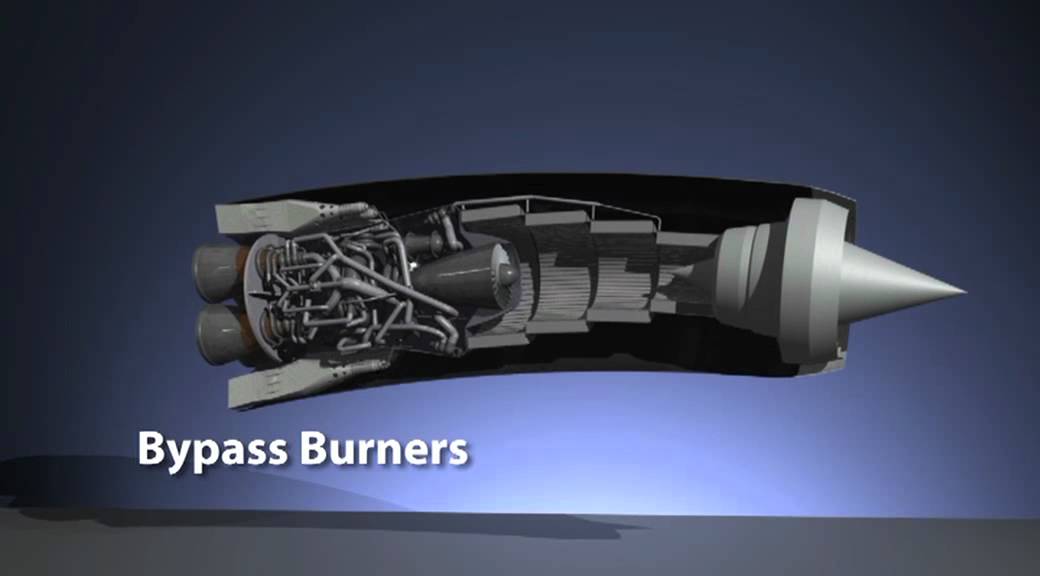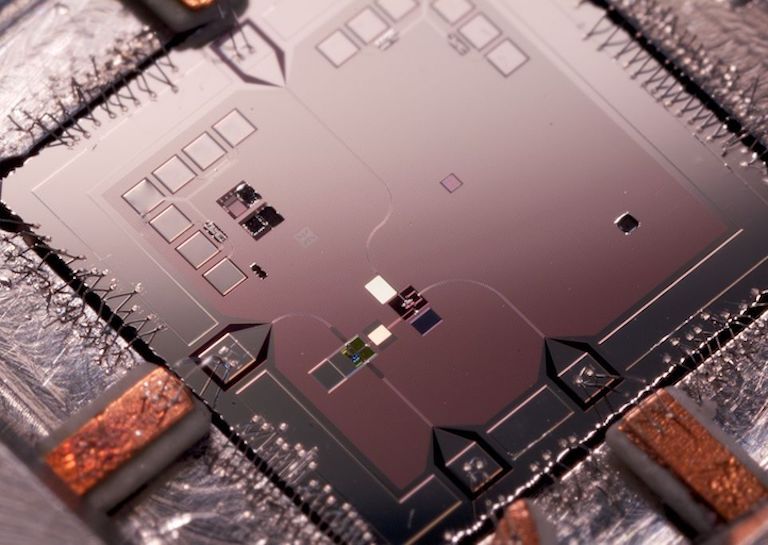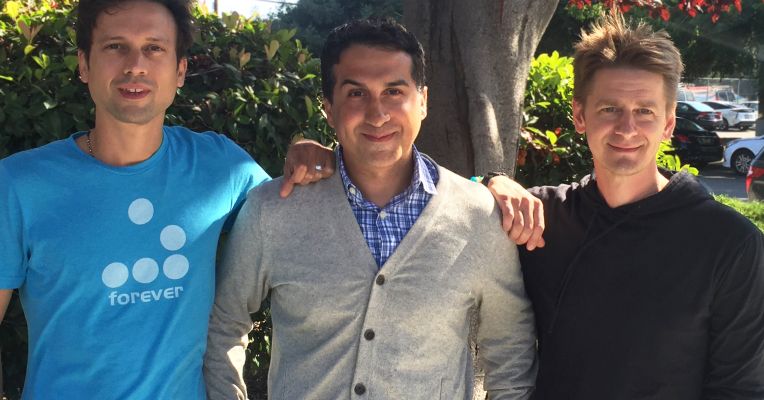Page 9916
Aug 20, 2017
The Vertical Farm
Posted by Shailesh Prasad in categories: education, food, sustainability
The term “vertical farming” has not been around long. It refers to a method of growing crops, usually without soil or natural light, in beds stacked vertically inside a controlled-environment building. The credit for coining the term seems to belong to Dickson D. Despommier, Ph.D., a professor (now emeritus) of parasitology and environmental science at Columbia University Medical School and the author of “The Vertical Farm: Feeding the World in the 21st Century.”
Hearing that Despommier would be addressing an audience of high-school science teachers at Columbia on a recent morning, I arranged to sit in. During the question period, one of the teachers asked a basic question that had also been puzzling me: What are the plants in a soil-free farm made of? Aren’t plants mostly the soil that they grew in? Despommier explained that plants consist of water, mineral nutrients like potassium and magnesium taken from the soil (or, in the case of a vertical farm, from the nutrients added to the water their roots are sprayed with), and carbon, an element plants get from the CO2 in the air and then convert by photosynthesis into sucrose, which feeds the plant, and cellulose, which provides its structure.
In other words, plants create themselves partly out of thin air. Salad greens are about ninety per cent water. About half of the remaining ten per cent is carbon. If AeroFarms’ vertical farm grows a thousand tons of greens a year, about fifty tons of that will be carbon taken from the air.
Aug 20, 2017
China Will Launch World’s First ‘Unhackable’ Computer Network
Posted by Shailesh Prasad in categories: cybercrime/malcode, quantum physics
[Image Source: Erik Lucero/WikimediaCommons]
The development of the computer network puts China amongst the world leaders of quantum technology. The network works by using the city of Jinan as a quantum computer hub. The city is located between Beijing and Shanghai so it can enhance the Beijing-Shanghai quantum network.

https://youtube.com/watch?v=E9_9wmjK3j8
By swapping out the traditional wedge-shape for a lever, a new take on the 8,000 year old axe makes the tool more powerful. An added bonus is that the LeverAxe will never getting stuck in wood as it’s being used.
A video of a revised version of the axe has been making the rounds on the internet. The LeverAxe is a decided improvement on the tool that has served humanity (relatively unchanged) for 8,000 years. It uses physics to make the axe safer, more efficient, and that much cooler.
Aug 20, 2017
Specialized Neurons That Respond to Pain of Pulling Single Hair Discovered
Posted by Shailesh Prasad in categories: health, neuroscience
Summary: NIH researchers have identified a specific type of sensory neurons which become activated as a result of pulling a single hair.
Source: NIH.
Researchers from the National Institutes of Health have identified a class of sensory neurons (nerve cells that electrically send and receive messages between the body and brain) that can be activated by stimuli as precise as the pulling of a single hair. Understanding basic mechanisms underlying these different types of responses will be an important step toward the rational design of new approaches to pain therapy. The findings were published in the journal Neuron.
Aug 20, 2017
The Adult Brain Can Regenerate Neurons in an Unexpected Area, Says New Study
Posted by Shailesh Prasad in categories: health, neuroscience
Scientists have discovered for the first time that adult mouse brains produce new cells in the amygdala, a finding that could eventually lead to better treatments for conditions like anxiety and depression, as well as a better understanding of the brain overall.
The amygdala handles a lot of our emotional responses, especially those relating to fear, and broken connections inside it can lead to anxiety disorders such as post-traumatic stress disorder (PTSD).
If the brain is capable of regenerating neurons in the amygdala, then that’s potentially one way of fighting back against these mental health issues, according to the team from the University of Queensland in Australia.
Continue reading “The Adult Brain Can Regenerate Neurons in an Unexpected Area, Says New Study” »
Aug 20, 2017
Forever Labs preserves young stem cells to prevent your older self from aging
Posted by Shailesh Prasad in categories: biotech/medical, life extension
Forever Labs, a startup in Y Combinator’s latest batch, is preserving adult stem cells with the aim to help you live longer and healthier.
Stem cells have the potential to become any type of cell needed in the body. It’s very helpful to have younger stem cells from your own body on hand should you ever need some type of medical intervention, like a bone marrow transplant as the risk of rejection is greatly reduced when the cells are yours.
Mark Katakowski spent the last 15 years studying stem cells. What he found is that not only do we have less of them the older we get, but they also lose their function as we age. So, he and his co-founders Edward Cibor and Steve Clausnitzer started looking at how to bank them while they were young.
Continue reading “Forever Labs preserves young stem cells to prevent your older self from aging” »
Aug 20, 2017
The Wireless Charging of Moving Electric Vehicles Just Overcame A Major Hurdle
Posted by Shailesh Prasad in categories: sustainability, transportation

In a recent study, Stanford scientists were able to transfer electricity wirelessly to a moving lightbulb. The technology they developed help overcome the limited driving range of electric cars, currently one of their biggest drawbacks.
If electric cars could recharge while driving down a highway, it would virtually eliminate concerns about their range and lower their cost, perhaps making electricity the standard fuel for vehicles.
Continue reading “The Wireless Charging of Moving Electric Vehicles Just Overcame A Major Hurdle” »
Aug 20, 2017
Skylon: The Plane That Can Fly Anywhere In The World In 4 Hours
Posted by Shailesh Prasad in category: space travel

Who wouldn’t want to have breakfast on the French Riviera, take a walk along the Great Wall of China in the afternoon, and then cap off the evening by staring at stars above the Alaskan wilderness? That fantastic day might be possible soon, thanks to British aerospace firm Reaction Engines Limited (REL). The company is working on an aircraft that will be able to transport passengers anywhere in the world in just four hours.
Yes. That’s four hours.
Continue reading “Skylon: The Plane That Can Fly Anywhere In The World In 4 Hours” »
Aug 20, 2017
Where is China’s Silicon Valley?
Posted by Derick Lee in categories: economics, innovation
The technology furor that has emerged way before 2014, and swept across the country can’t be more pronounced. As many as 17 national-level innovation demonstration zones from coastal Shenzhen to inland Chengdu city have been handpicked by the State Council, or China’s cabinet, and allowed to offer favourable policies to spur innovation and drive regional economic growth based on their respective strengths and geographical advantages.
Beijing has picked 17 tech hubs across the country to transform from a manufacturing-reliant economy to one led by tech and innovation.
PUBLISHED : Saturday, 12 August, 2017, 8:16am.














